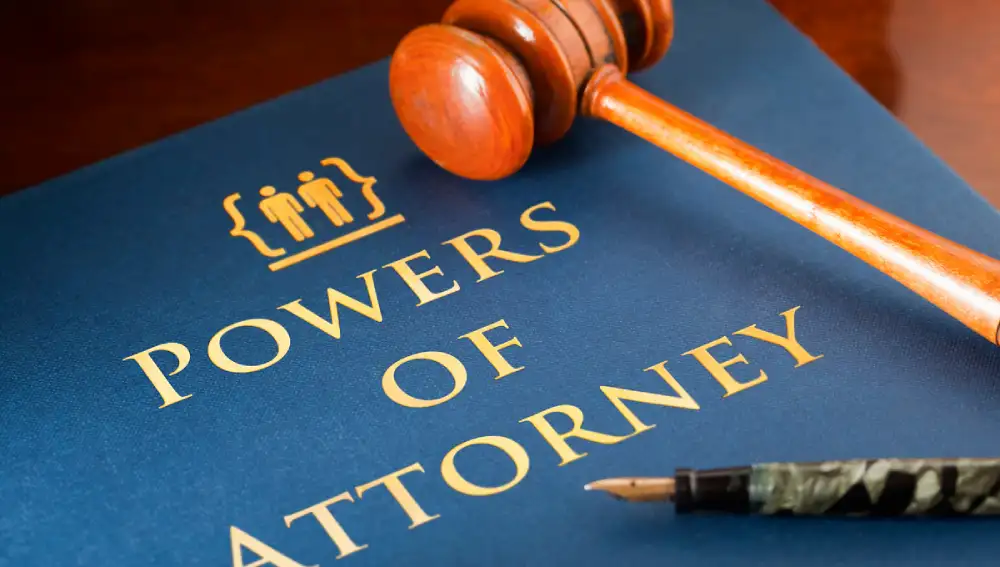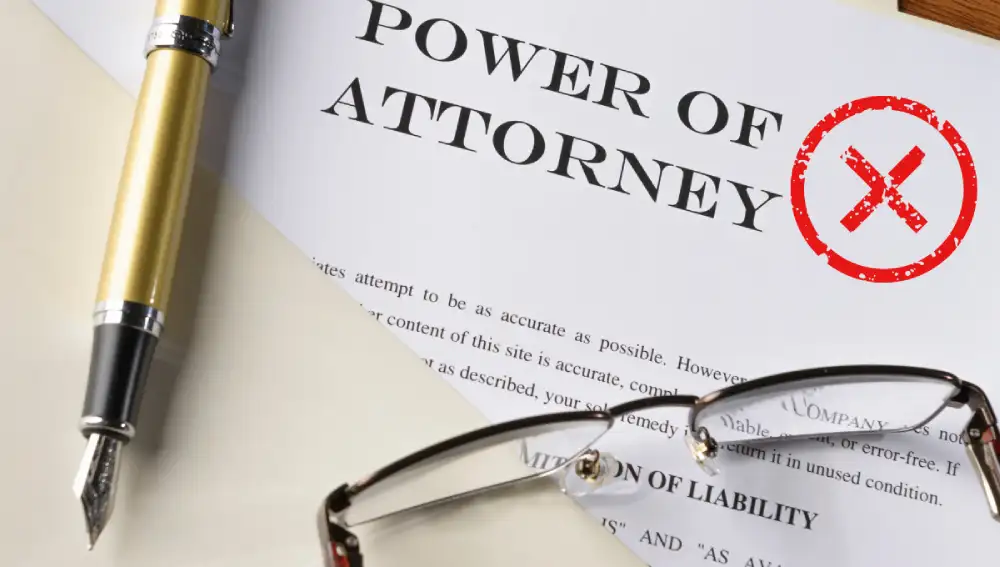Power of Attorney (PoA) is a powerful tool to ensure that your duties are executed smoothly in your absence or inability. PoA extends legal rights to an agent or attorney-in-fact who acts on your behalf in matters concerning your input.
At times, you may want to revoke or cancel the power of attorney you had granted to an agent on various grounds. This article will help you understand the legal guidelines you must adhere to cancel a power of attorney appropriately.
Ways to Cancel a Power of Attorney

You can cancel a power of attorney through the following methods:
- Written deed of revocation
- Following the provisions of the original PoA
- Destruction of the original PoA
Written Deed of Revocation
This is the most secure way to revoke a power of attorney. You can ask a lawyer to draft the deed of revocation for you. The revocation deed must contain the following details:
- Your name and other relevant information
- Details of the original PoA, like date of execution, name of the attorney or agent, and others.
- A clear statement of revocation of the PoA
- The effective date of revocation
- Your signature
- Signature of any witnesses
- Proper notarization
Following the Provisions of the Original PoA
If your original PoA document states any provision under which you must revoke a power of attorney, you can follow those instructions. It is important that you first refer to the original PoA granting document to see if any provisions for revocation were provided. Failing to adhere to those instructions may end up getting legally challenged.
Destruction of the Original PoA
Destruction of the original document can nullify the power of attorney. But it is not an advisable thing to do, as it does not give legal validation most of the time. Destroying the original POA document can sometimes result in unnecessary confusion and may pose a challenge while trying to prove the revocation of the granted power of attorney.
What are the Situations Under Which You Can Revoke the Power of Attorney?

You can revoke the power of attorney under the following circumstances:
- Loss of trust in the agent
- Change of circumstances
- Change of mind
- No need for an agent
- Death of the agent
Loss of Trust in the Agent
The common reason for canceling a power of attorney is losing trust in the agent. The agent may have mismanaged your finances, made decisions against your wishes, or acted against your best interests. Under such circumstances, you can revoke the power of attorney.
Change of Circumstances
Certain changes in life circumstances can also call for revocation of power o attorney. You may have undergone a divorce, and you might want to revoke the power of your agent if your ex-spouse was your agent.
You might have a child who has grown into adulthood and wish to pass your power of attorney to her or him. Your agent may live far away from you and you might want an agent who is living nearer to you. These are some life circumstances that could force you to cancel the power of attorney you had granted to an agent.
Change of Mind
You may simply not wish to continue with an agent acting as your attorney and may want to make your own decisions. Such a change of mind can also call for the cancelation of power of attorney.
No Need for an Agent
You may have appointed an agent as your attorney for a specific period or until you were physically or mentally incapacitated and were undergoing treatment. You can revoke the power of attorney upon recovery or the end of a particular period.
Death of the Agent
The death of the agent results in automatic revocation of the power of attorney. You do not have to terminate the contract personally under such circumstances and the Power of Attorney Valid becomes invalid After the Death of the agent
Legal Requirements and Process for Cancelling a Power of Attorney
The process of revoking a PoA may vary based on the status of whether the PoA was registered or not.
If you have a registered PoA, you may also have to register the revocation deed to make it legally binding.
In the case of an unregistered PoA, a written revocation is still necessary but it might not require legal registration. However, registration of the revocation deed is highly recommended for legal protection.
Upon writing a deed of revocation, you would have to execute the following steps:
- Send a copy of the revocation deed to the agent or attorney as a notice of revocation. This will act as an official notice of cancellation. Follow the appropriate ways, such as certified mail, to send the official revocation deed.
- Inform banks, investment companies, or government agencies that might have relied on the PoA. This will help avoid any confusion or misuse of the PoA in the future.
How NRIs Can Revoke a Power of Attorney?
Non-resident Indians can follow the below-mentioned steps to revoke a power of attorney:
- Draft the written revocation deed.
- Duly sign and notarize.
- Send the signed deed to your lawyer in India.
- Register the revocation deed with the Sub-Registrar of Assurances in India.
Conclusion
To learn more about canceling a power of attorney, you can visit any relevant government websites or bar association websites to know the revocation procedures in your jurisdiction.
You can also refer to sample revocation deed formats online. However, it is best to hire a lawyer to draft the document. Also, always make sure to register your revocation deed to make it legally standing.
FAQs
No, a power of attorney cannot be canceled verbally to prevent unnecessary confusion in the future. Also, a verbally canceled power of attorney does not have legal validity.
Suppose the agent refuses to accept the cancellation of a power of attorney even after a proper notification through a written revocation deed. In that case, you can file a lawsuit to declare the PoA null and void.
Generally, it might take a few days to a week to revoke a power of attorney. It is based on the complexity of the revocation process due to the cooperation of the agent, lawyer, or any involved third party.
You will need a lawyer to cancel a power of attorney in case you have a complex PoA scenario, such as a registered or durable PoA, or when the agent is uncooperative.

